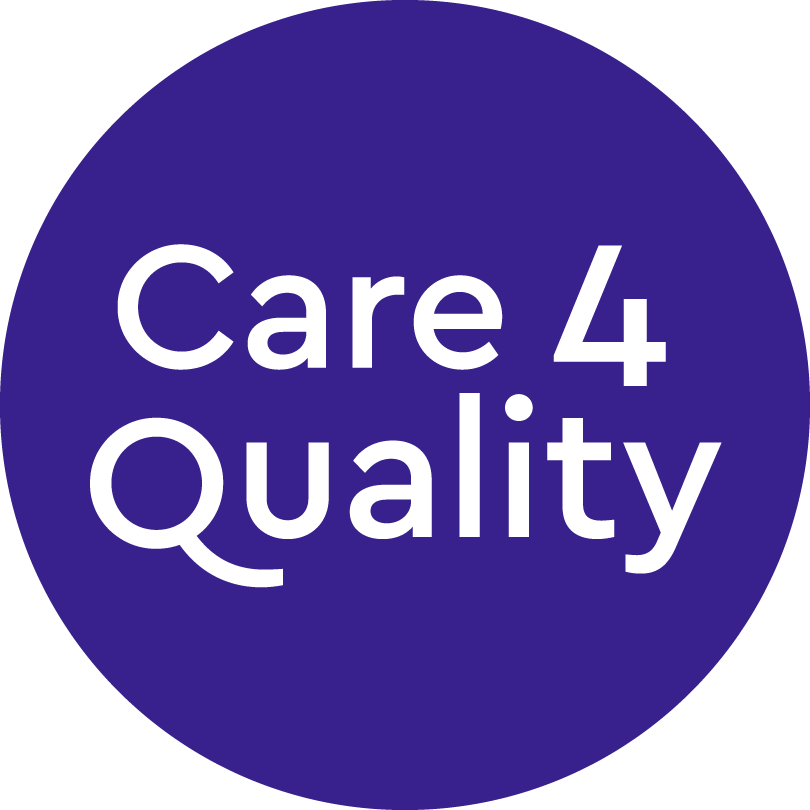This month has marked 10 years from the Winterbourne View scandal that rocked the health and social care industry.
The scandal saw the systematic abuse of people with learning disabilities in a Bristol hospital in 2011, which was exposed by an undercover BBC Panorama report.
Panorama footage of the hospital incidents showed people being pinned down, slapped, teased, taunted and dragged into showers whilst fully clothed.
Eleven people were prosecuted for the atrocities that occurred in the Bristol hospital, but the families of the victims say abuse of this nature is still prevalent today.
The families have written to the Prime Minster to demand an ‘overhaul’ of the broken care system and have claimed that “countless” others have suffered “trauma” in the system.
Research by Mencap and the Challenging Behaviour Foundation (CBF) shows 2,040 people with autism or learning disabilities are being held in assessment and treatment units for an average of more than five-and-a-half years but are only meant for short term treatments.
What Else Has Been Uncovered?
It is reported that people with learning difficulties are dying more than 20 years younger than the rest of the population.
Healthwatch South Gloucestershire says the risk of dying unnecessarily from treatable conditions remains far too high.
It has also been reported that an estimate of only 36 percent of those living with learning difficulties take up their annual GP check-up.
James Jackson, our Policies Practitioner, who has 10 years of experience working with people that live with learning disabilities, said:
“The massive ramifications of the Winterbourne View scandal 10 years ago led to a host of positive legislative and policy changes, a public enquiry and government commitment that ‘no-one should live in a hospital’ and has undoubtedly changed the way many people with learning difficulties live and are supported for the better.
“However, sadly the Whorlton Hall scandal in May last year showed shocking similarities to the Winterbourne View scandal in the type, scale and institutional nature of the abuse taking place.
“It shows that for (some of) those still living in long stay institutions little has changed.
“It also underscores the vital importance of robust safeguarding and whistleblowing policies and their proper implementation.”
